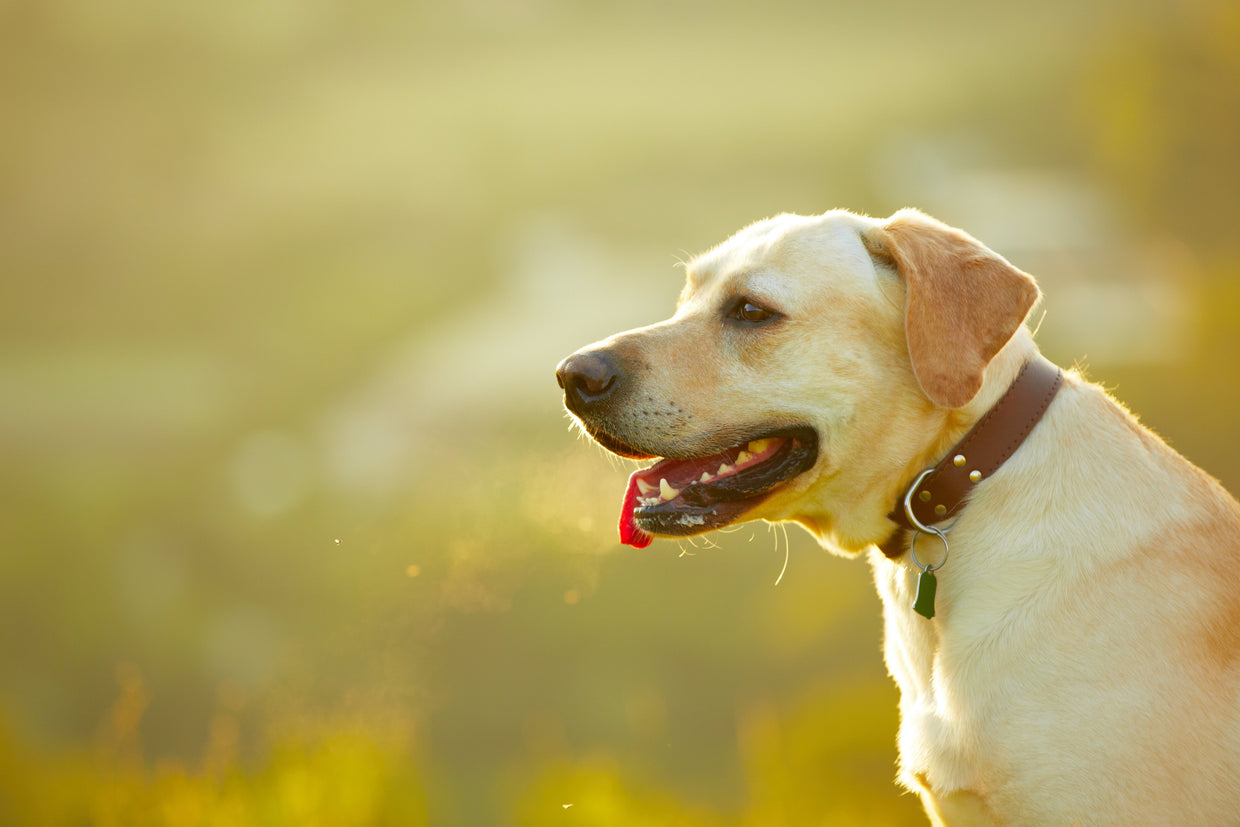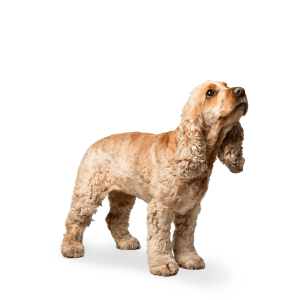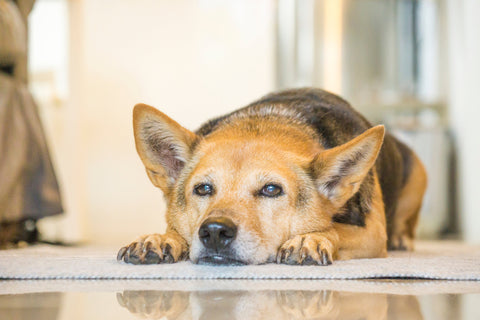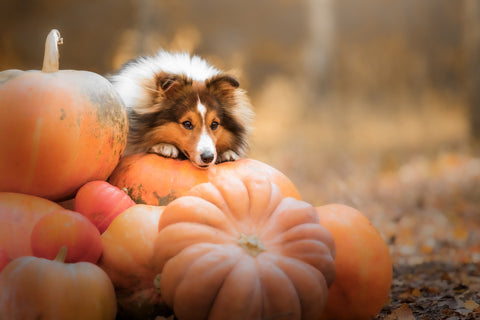

Why does your dog have fishy breath?
Your dog’s breath may never be the sweetest smelling. In fact, sometimes it can be undeniably horrible! Fishy breath in dogs isn't unusual but if your dog is smelling particularly pungent, and especially if it happens often, then you should try to get to the bottom of the issue.
In this blog, we look at three causes of fishy breath in dogs and the steps you can take to keep them minty fresh…
Why does my dog's breath smell like fish?
Dental problems

One of the most common causes of bad breath is poor dog dental care. After eating, a slimy layer of plaque (a combination of saliva, bacteria, and food particles) will start to form on the teeth. Over time, this can harden into a calcified material known as tartar.
Tartar can cause other dental issues – such as inflamed gums and cavities – and can cause fishy-smelling breath. Plus, foreign objects – like food or sticks – can also get lodged in the mouth and cause a foul smell.
Sadly, many dogs experience these causes of smelly breath. To keep your dog’s mouth healthy, you should take the following measures:
1. Implement daily brushing in your dog’s routine from an early age
Brushing your dog’s teeth might seem daunting, but it’s the single most effective way to help combat fishy dog breath. Other oral treatments like rinses or gels are a great addition to brushing, as are dental sticks and chews.
Brushing daily is the gold standard, but you may need to work up to this to help your pup get used it. You should always use dog-specific toothpaste – as these will be palatable for dogs (often meaty flavoured), formulated to be safe for dogs, and are lower in fluoride than human pastes. A soft bristle brush is best, and you should be sure to choose a size appropriate for your dog.
2. Feed your dog an appropriate diet
Always provide a good-quality diet that’s appropriate for your dog’s age and size. Avoid chews and treats that are too hard and potentially harmful, like bones and rawhides.
You should also keep a close eye on your pet’s weight, as being overweight has been linked to poor dental health.
3. Attend regular veterinary check-ups
Make sure your dog attends regular check-ups. Their teeth will be examined during annual vaccinations, but if you notice anything fishy (literally!) in the meantime, then you should visit your vet sooner.
Your vet will also keep an eye on your pet’s overall health, which can help prevent other less obvious causes of bad breath from developing, too.
4. Follow your vet’s advice
If your vet recommends dental treatment, then make sure you get your dog booked in for this as soon as possible. Delaying treatment only increases the risk of complications.
If your dog’s breath is fishy, following expert advice is the best way to deal with it.
Anal glands and fishy dog breath
You might be thinking, what does the other end of your dog’s body have to do with fishy dog breath? Well, dogs have two small sacs just inside their anus which contain scent-marking material. Sometimes these sacs (known as anal glands) can become overly full, or infected, causing your dog discomfort. This causes your dog to lick at their bottom, possibly transferring some of the anal gland smell into his mouth, resulting in your dog’s breath having a fishy odour.
Other symptoms of anal gland issues include:
- Rubbing their bottom along the ground (scooting)
- An increased fishy odour from their bottom
- Anal gland discharge on their bedding
- A red, irritated anus from rubbing and licking at it
- Occasional swelling or bleeding if there’s an infection
Suspect your dog has an issue with their anal gland? Take them for a check-up. Your vet may gently press on the glands to relieve discomfort and may suggest medication if needed.
If your dog has recurrent anal gland issues, consider adding more fibre to their diet or adding a fibre supplement to their food. Your vet will be able to advise further. Read our guide to the benefits of fibre for dogs.

Something they ate
Dogs explore the world with their mouths, which means they often lick and eat things we wouldn’t dream of touching! Dogs are also scavengers by nature – this means they often have a good chew on things whilst out walking and exploring.

Eating something unpleasant can give your dog bad breath – whether they raid the rubbish bin, nibble on a fish washed up on the beach, or steal the cat’s food! Usually, this odour will pass by itself, but giving your dog some water and brushing their teeth will help get rid of the smell quicker.
Be aware that fish-based food or a fish-based dietary supplement might make your dog’s breath smell like fish.
The final word on bad dog breath
There are many causes of fishy smelling breath in dogs, with some being more obvious than others. If your dog has recently developed extremely bad breath, then make sure you get them checked out by your vet. The sooner they get seen, the sooner they can get back to giving you cuddles!
Looking for more things dental? Find out whether your dog is naturally prone to dental problems, or check out our guide to cleaning your pet’s teeth.



